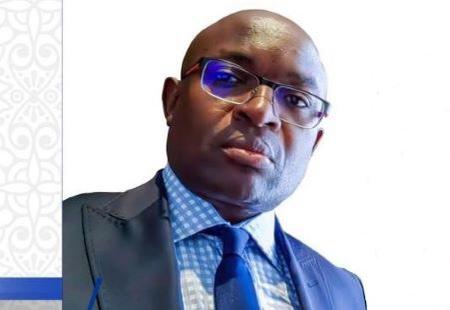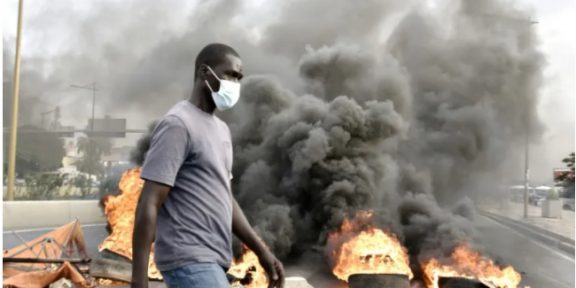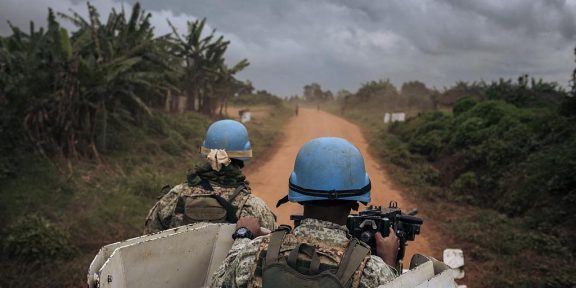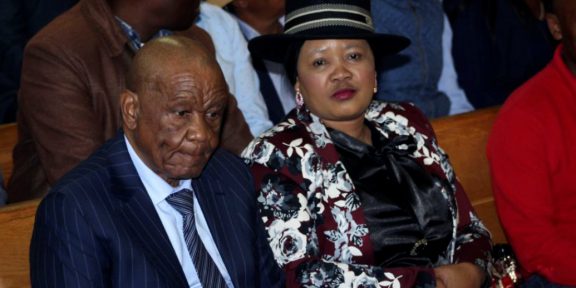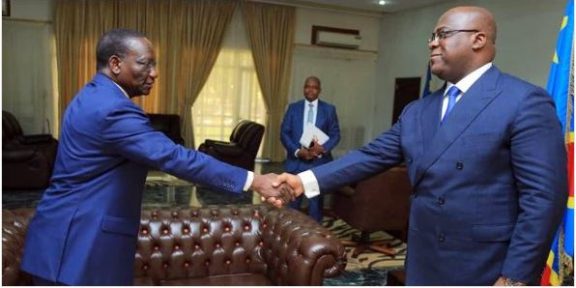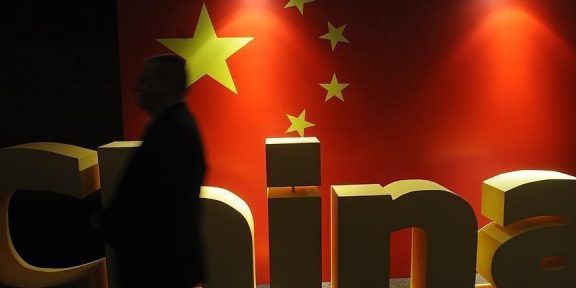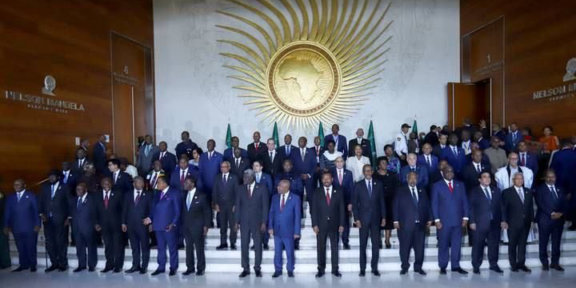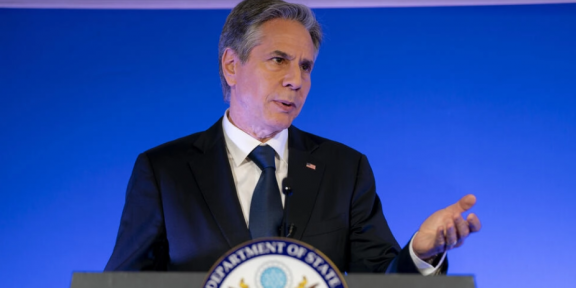Legitimate and sovereign States find it difficult to acquire the weapons they need to fight irredentist and criminal terrorist groups, while terrorist factions are much better armed than States. This is the very suspicious and dangerous contradiction that we are witnessing today, where the popularisation of acts of indiscriminate violence of an illegitimate nature challenges the exclusivity of the use of force.
In many cases, when the security of States and of the people under their jurisdiction is under armed attack by nebulous groups whose means of expression is terrorism, the room for manoeuvre of these States is seriously restricted by considerations specific to certain leading competitors on the international scene, who are also the main arms dealers.
The reason often given to justify a refusal of solidarity is the alleged risk of use against civilians. This would seem to be a sound moral pretext if, on the other hand, the same weapons denied our States did not, for one reason or another, end up in the hands of terrorist organisations that have no qualms about using them against civilians.
While States are treated as criminals and extremists, sanctioned and brought before international tribunals for a few accidental mistakes, so-called moderate terrorist organisations, for their part, are officially congratulated on a job well done, especially when that job includes thousands of summary executions, hundreds of beheadings, robberies, rapes, enslavement and other large-scale destruction.
And far from being satisfied with this explicit support for the terrorist enterprise, some of these actors go even further in their cynicism and hypocrisy, using the emblems of internationally recognised and respected humanitarian organisations to supply arms and ammunition to their agents of execution on the ground.
Everything, absolutely everything, is being done to prevent our countries from benefiting from a geo-economic and geo-strategic multipolarity, in contrast to the old partnership monopolies that are becoming obsolete, even if it means fomenting unrest in order to force our countries to beg for the return of historical guardianships that are now on the decline, in the face of proactive, diversified competition that respects our sovereignty.
It is clear that the companies that are losing market share are accusing us of abandoning one master for another, a way of saying that, in their eyes, we have been condemned to eternal tutelage without any possibility of emancipation. Fortunately for us, this is not the case, because the strength of our traditional foundations, coupled with our high intellectual culture, means that we now have a free hand in the project of ideological dismantling that has already earned us international sovereignty.
The defence of our status as an independent country is a huge undertaking that requires from all our citizens, regardless of their profession or social condition, a permanent patriotic awareness and an unquenchable thirst for knowledge and achievement, because the fate of our country and the well-being of our people cannot depend on the predatory moods of our partners, even if they are long-standing friends.

